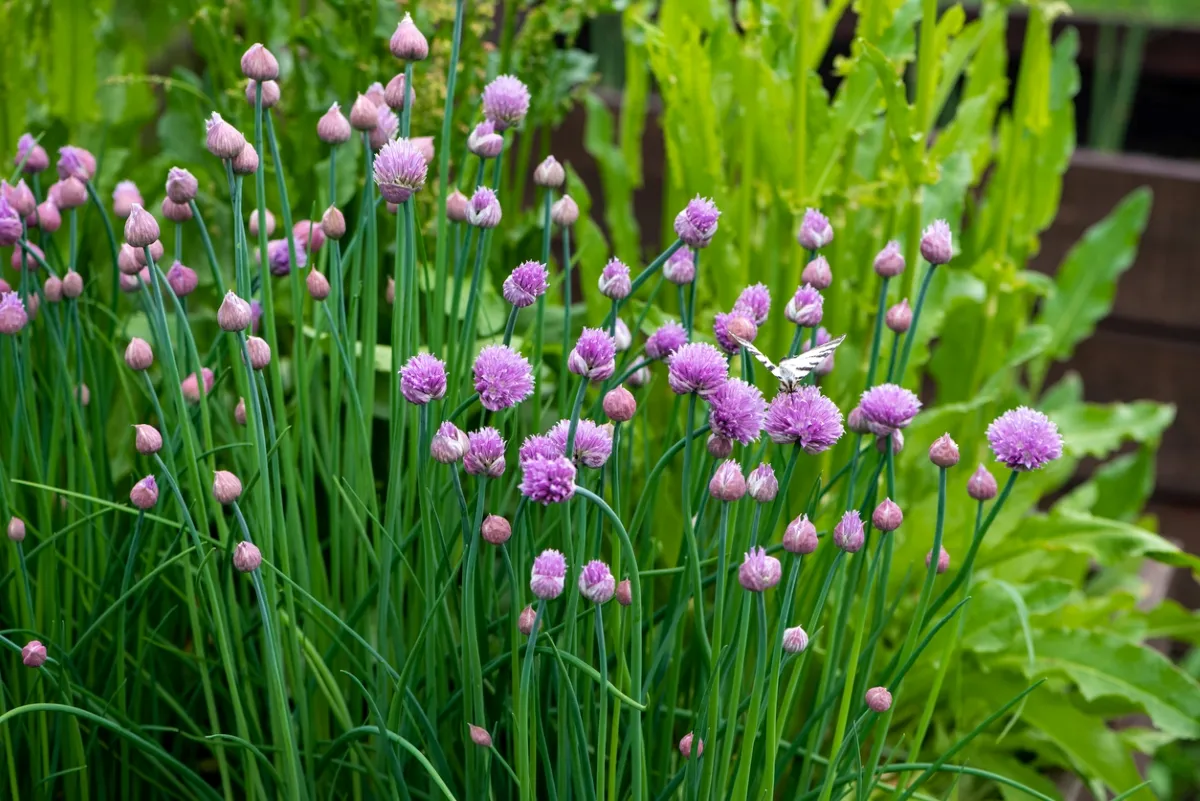Table of Contents
ToggleIntroduction
Keeping snakes away from your yard can be a priority for homeowners who want to ensure the safety of their families and pets. While there are many methods available to repel snakes, using snake repellent plants is a natural and effective solution. These plants can provide a safe barrier around your property and help deter snakes without the use of harmful chemicals. In this article, we will explore the best snake repellent plants you can grow in your yard and how to use them effectively.
Why Choose Snake Repellent Plants?
When it comes to keeping snakes away, many people are turning to natural methods. Snake repellent plants work by producing strong scents or having textures that snakes find unpleasant. These plants can be strategically planted around your yard to create a natural deterrent. Not only do these plants help keep snakes at bay, but they also add beauty and fragrance to your garden.
In addition to being effective, snake repellent plants are also environmentally friendly, providing a safe alternative to chemical repellents. By incorporating these plants into your garden, you can enhance your outdoor space while protecting your home.
Best Snake Repellent Plants to Protect Your Yard
Below are some of the best snake repellent plants to keep snakes out of your yard. Each of these plants has unique qualities that make them effective in deterring snakes.
1. Lavender
Lavender is one of the most popular plants used to repel snakes. Known for its soothing fragrance, lavender’s strong scent is unpleasant to snakes. The scent masks the chemicals snakes use for navigation, making it harder for them to detect their surroundings. Lavender grows well in sunny spots and can be planted around the edges of your garden to create a natural snake barrier.
- Benefits: Repels snakes and adds a pleasant fragrance to your garden.
- Planting Tips: Requires full sun and well-drained soil.
- Maintenance: Prune regularly to keep it from becoming too woody.
2. Marigolds
Marigolds are another excellent choice for repelling snakes. These colorful flowers emit a strong odor that snakes avoid. Marigolds are easy to grow and can be planted in both flower beds and pots. By placing marigolds around your yard, you create a natural defense that discourages snakes from entering your space.
- Benefits: Vibrant flowers that also repel insects and pests.
- Planting Tips: Grow in full sun with well-drained soil.
- Maintenance: Deadhead regularly to promote continuous blooming.
3. Rosemary
Rosemary is not only a culinary herb but also a powerful snake repellent. Its strong, woody scent is unpleasant to snakes. Rosemary thrives in sunny locations and can be grown both in containers and directly in the ground. Its ability to repel snakes, along with its culinary uses, makes it a versatile addition to your yard.
- Benefits: Natural snake repellent and great for cooking.
- Planting Tips: Prefers full sun and dry, well-drained soil.
- Maintenance: Prune regularly to maintain shape.
4. Onion and Garlic
Onion and garlic are known for their pungent odors, which snakes find offensive. Planting these in your garden can create a barrier that keeps snakes away. Additionally, onions and garlic are excellent for cooking, making them a practical choice for your garden. They also help repel other pests like mosquitoes and rodents, which attract snakes.
- Benefits: Strong odor that deters snakes and other pests.
- Planting Tips: Plant in well-drained soil in full sun.
- Maintenance: Harvest when the plants mature.
5. Lemongrass
Lemongrass is a tropical plant that contains citronella, a compound that repels snakes. This plant thrives in warmer climates and can be used to create a fragrant, snake-free area around your home. Lemongrass is also easy to grow in pots or directly in the ground, making it an adaptable option for any yard.
- Benefits: Strong citrus smell that repels snakes and pests.
- Planting Tips: Requires full sun and well-drained soil.
- Maintenance: Water regularly and trim back to prevent overgrowth.
6. Wormwood
Wormwood is an herb known for its strong odor, which snakes find unpleasant. This perennial plant can be grown around the edges of your yard to create a natural snake barrier. Wormwood also has medicinal properties, adding an extra benefit to your garden.
- Benefits: Strong-smelling herb that deters snakes and has medicinal uses.
- Planting Tips: Grows well in well-drained soil with full to partial sun.
- Maintenance: Trim back regularly to maintain shape.
7. Mother-in-Law’s Tongue (Snake Plant)
Ironically, the snake plant (also known as Mother-in-Law’s Tongue) is a great addition to your yard for repelling snakes. The plant’s tall, sharp leaves make it uncomfortable for snakes to navigate, while its scent also acts as a deterrent. Planting this around your yard or near entryways is an effective way to keep snakes out.
- Benefits: Tough, sharp leaves and natural snake repellent.
- Planting Tips: Prefers indirect sunlight and dry soil.
- Maintenance: Low maintenance and easy to care for.
Table Summary of Snake Repellent Plants
| Plant Name | Repellent Effect | Best Growing Conditions | Maintenance Tips |
|---|---|---|---|
| Lavender | Strong scent repels snakes | Full sun, well-drained soil | Prune regularly to avoid woody growth. |
| Marigolds | Strong odor deters snakes | Full sun, well-drained soil | Deadhead to promote continuous blooming. |
| Rosemary | Woody scent keeps snakes away | Full sun, dry soil | Prune to maintain shape. |
| Onion and Garlic | Pungent smell repels snakes and pests | Full sun, well-drained soil | Harvest when mature. |
| Lemongrass | Citronella smell deters snakes | Full sun, well-drained soil | Water regularly and trim as needed. |
| Wormwood | Strong odor repels snakes | Well-drained soil, full to partial sun | Trim regularly to maintain shape. |
| Snake Plant | Sharp leaves and strong scent deter snakes | Indirect sunlight, dry soil | Low maintenance and easy care. |
How to Use Snake Repellent Plants Effectively
1. Strategic Planting
The key to using snake repellent plants effectively is strategic placement. Plant them along the edges of your garden, near entry points, and around the perimeter of your yard to create a natural barrier that snakes are unlikely to cross.
2. Regular Maintenance
To ensure the plants continue to repel snakes, it’s important to maintain them properly. Regularly prune and water them to keep them healthy. Neglected plants may lose their effectiveness over time.
3. Combine with Other Measures
While snake-repellent plants are a natural deterrent, it’s also a good idea to combine them with other snake prevention methods, such as keeping your yard clean and removing hiding spots like tall grass and debris.
Conclusion
Using snake repellent plants is a natural and effective way to protect your yard from snakes. Plants like lavender, marigolds, rosemary, and garlic not only deter snakes but also add beauty and fragrance to your garden. By strategically planting these plants and maintaining them properly, you can create a snake-free environment for your family and pets. Take action today and start planting these natural deterrents to keep snakes away from your yard.






